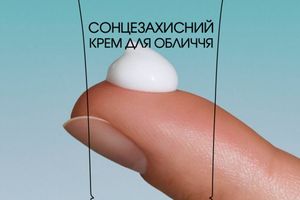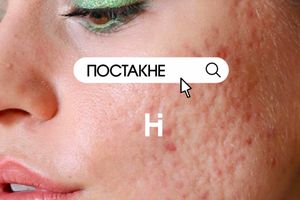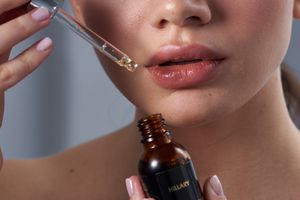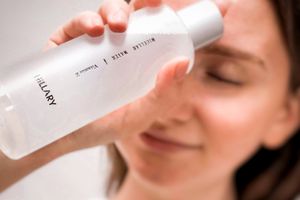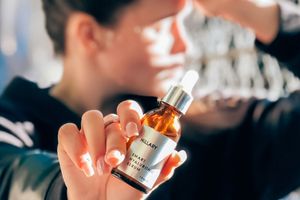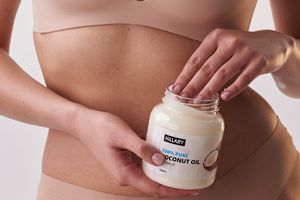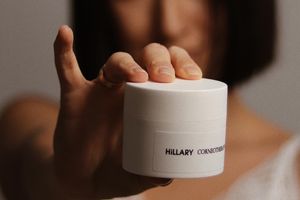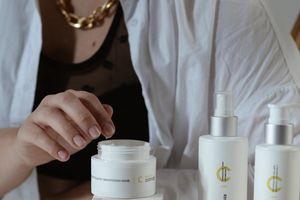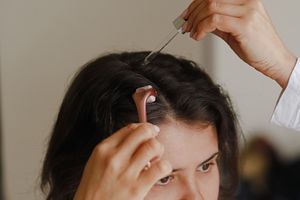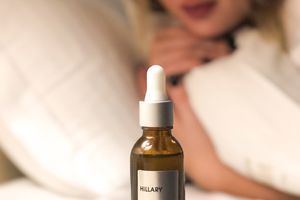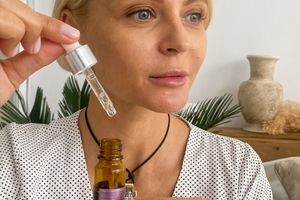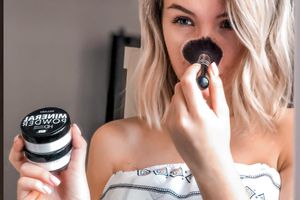Have you decided to switch from an antiperspirant containing unsafe substances to an all-natural deodorant, but are unhappy with how it works? Doesn't give any protection, and maybe even provoked skin irritation? Why does a product that others sing praises not work for you?
Don't worry, you're not alone - the frustration of switching to a natural deodorant is quite common. But it should be understood that the lack of the desired effect has reasons. The reason for everything is your personal physiology. Let's figure out together why the deodorant still doesn't work and whether it's worth giving it a chance.
Why do we "smell"?
Body odor is determined by a variety of factors: nutrition, genetics, hormones, lifestyle, climate, mood, wardrobe. This explains why the same deodorant might work great for one person and not work for another.
Human skin is covered with a microbiome - trillions of bacteria, viruses and fungi that help the immune system and play an important role in protecting the skin from various infections. The apocrine glands that produce sweat are found in especially large numbers in the armpits. Stress, excitement or anger - and your apocrine glands are already working at full capacity. Sweat is made up of fat and protein and is odorless by itself. But it is food for bacteria that break down the fat and protein that make up sweat. Split molecules just have the very specific smell of sweat that we feel.
Smell Formula
Sweat + bacteria = bad smell. That's the whole secret of the smell of sweat. The armpit microbiome is as complex and diverse as the gut or oral microbiome. According to a scientific study, people who use antiperspirants have more types of bacteria in the armpit than those who do not use deodorant or use a natural version of it.
The moment you switch from an antiperspirant to a natural antiperspirant, your microbiome begins to change. In other words, the bacteria that used to inhabit the armpit are changed to different ones. Different bacteria means different smells. That is, the smell is the result of the type and amount of bacteria that inhabit the skin of the armpits. As the composition of bacteria in the armpits changes, so does their smell. It usually takes 2 to 4 weeks to change a biome.
How does the transition take place?
The first week - you may not notice the difference between an antiperspirant and a natural deodorant. Sometimes people get excited about a product change believing it works perfectly.
The second week is the beginning of an active change in the microbiome. There is an increase and change in smell. When switching from a sweat-blocking antiperspirant, a temporary increase in sweating may be noted.
Increased sweating and/or bad breath is directly related to changes in the microbiome. If you abandon the use of natural deodorant at this stage, the body will again have to adapt to the antiperspirant.
Tip: special detox products will help you go through the stage of rebuilding the biome and reduce the appearance of an unpleasant odor.
The third week - the microbiome of the armpits is as close to normal as possible. At this stage, normalization of odor and sweat is usually noted.
Fourth week - there is a complete change of microorganisms in the armpits. Gradually, people notice that natural deodorant really works and begin to feel comfortable.
Got irritation? Looking for reasons.
There are several possible reasons why natural deodorants cause irritation.
Wrong application. Don't rub deodorant too hard, don't apply it to damp skin, or apply it in excess. This can lead to irritation.
Irritation after shaving. During shaving, microtraumas form on the delicate skin of the armpits. We recommend shaving your skin in the evening when you don't need to use deodorant right away. Overnight, the skin will heal, and the use of deodorant in the morning will not cause irritation.
Dry skin. Dry underarm skin is prone to irritation. Try applying a small amount of quality oil (olive, coconut, jojoba) to your skin before bed. Jojoba oil also perfectly heals micro cuts after shaving.
Wearing synthetic clothing. Polyester and other synthetic fabrics do not allow the skin to breathe, which leads to the development of bacteria, increased perspiration and odor. This is another reason to opt for natural fabrics.
Be patient and give your body time to adjust. Don't leave the transition to a natural deodorant halfway through. The body will thank you later.
































































